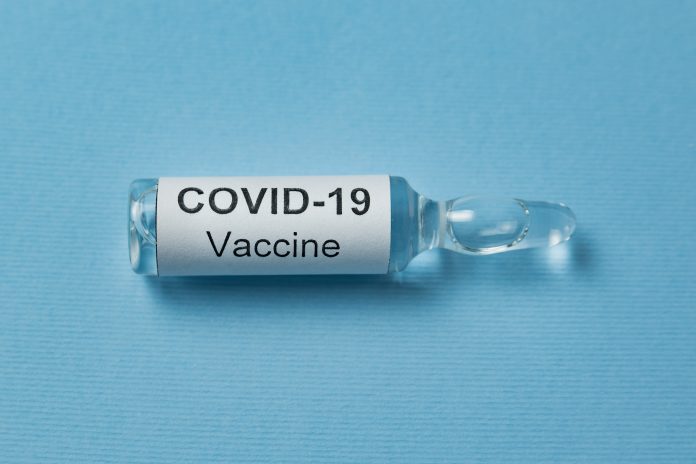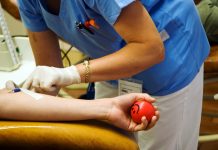A study published in Clinical Infectious Diseases found that hydroxychloroquine did not work to protect healthcare professionals from COVID-19
Hydroxychloroquine is a disease-modifying anti-rheumatic drug (DMARD). This drug regulates the activity of the immune system, which may be overactive in some conditions. It is mainly used to treat rheumatoid arthritis, discoid and systemic lupus erythematosus (SLE) and juvenile idiopathic arthritis (JIA).
However, the drug has experienced newfound fame as part of a US conspiracy theory stemming from the Tea Party. A large online community believes that hydroxychloroquine is a secret, pre-existing COVID vaccine, denied to the public for sinister reasons. In July, President Donald Trump even retweeted the pseudo-science and described the drug as “a game-changer”. The Food and Drug Administration (FDA) were then pressured by the President to issue authorisation for use of hydroxychloroquine to COVID patients, but this was quickly revoked.
The FDA commented on the reasoning behind their change of heart:
“Based on ongoing analysis and emerging scientific data, FDA has revoked the emergency use authorization (EUA) to use hydroxychloroquine and chloroquine to treat COVID-19 in certain hospitalized patients when a clinical trial is unavailable or participation is not feasible.
“We made this determination based on recent results from a large, randomized clinical trial in hospitalized patients that found these medicines showed no benefit for decreasing the likelihood of death or speeding recovery.”
Despite the retraction, this moment led to viral obsession with the possibilities of hydroxychloroquine and the dubious ‘Deep State’ reasons for withholding the drug from COVID-19 treatment.
University of Minnesota Medical School physician researchers studied hydroxychloroquine as a treatment to prevent COVID-19 for those with high-risk for exposure to the virus – health care workers. They found that taking 400mg of the drug once or twice daily did not prevent COVID-19 better than the placebo.
‘Not a meaningful difference’
The double-blind trial enrolled 1,483 health care workers and first responders from across the US and Canada. Participants were randomly assigned to receive once-weekly hydroxychloroquine, twice-weekly hydroxychloroquine or a placebo. They were then followed for a minimum of four weeks and up to twelve weeks to evaluate who developed COVID-19.
Overall, 7.9% assigned the placebo developed COVID-19, while 5.9% assigned hydroxychloroquine developed COVID-19. Those results were not statistically significant, meaning there was not a meaningful difference between hydroxychloroquine and the placebo.
Side effects were reported in 21% of participants assigned the placebo; 31% in the once-weekly hydroxychloroquine group and 36% in the twice-weekly hydroxychloroquine group. The most common side effects were nausea, upset stomach and diarrhoea. There was no increased risk of serious side effects or cardiac complications from taking hydroxychloroquine compared to the placebo.
“This randomized placebo-controlled trial launched on April 6, with the objective of evaluating whether or not hydroxychloroquine taken once or twice weekly in health care workers at high risk for COVID-19 exposure could prevent COVID-19 infection,” said principal investigator Radha Rajasingham, MD, an infectious diseases physician and researcher at the U of M Medical School.
FDA Deputy Commissioner for Medical and Scientific Affairs Anand Shah, M.D, said:
“We’ve made clear throughout the public health emergency that our actions will be guided by science and that our decisions may evolve as we learn more about the SARS-CoV-2 virus, review the latest data, and consider the balance of risks versus benefits of treatments for COVID-19.”














